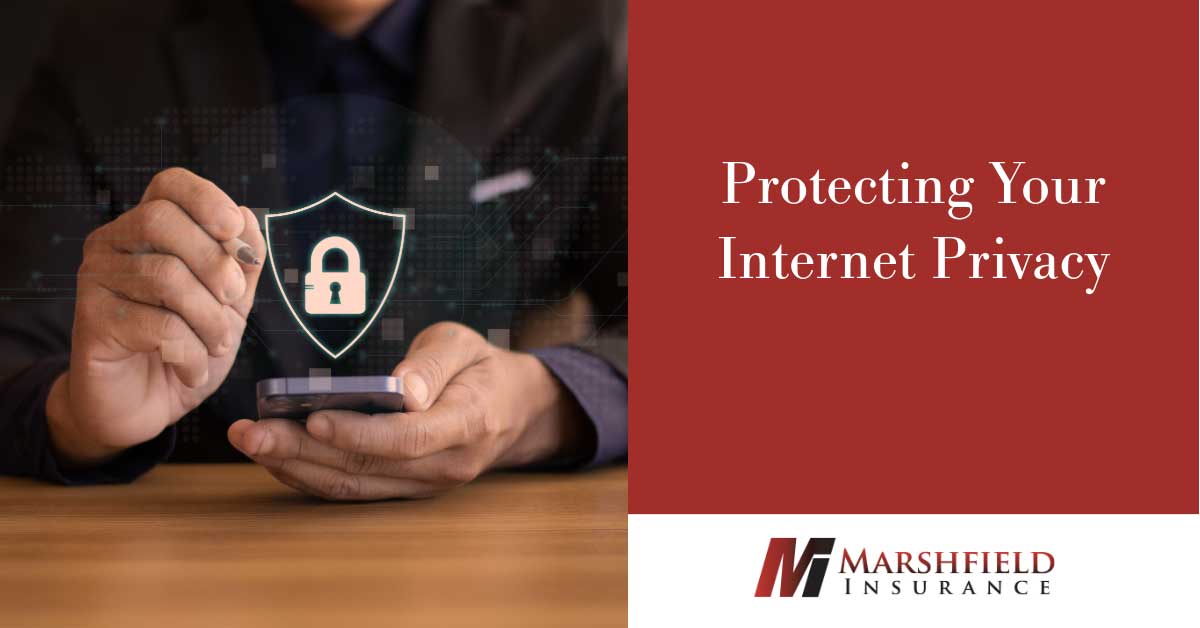Avoid Scams, Viruses, and Other Internet Threats
Because you work at a computer every day, your personal and company information is always at risk. To help safeguard your data, please follow our internet use policies and take the following precautions to protect your computer at work.
Avoiding Phishing Scams
Phishing scams use fake emails or pop-up messages to trick unsuspecting users into sharing personal information, such as credit card numbers and account passwords, which can be used for identity theft. These fraudulent emails can be highly persuasive and believable. To protect yourself from phishing attempts, follow these precautions:
Be cautious of urgent email requests for personal or financial information (yours or a client’s). If you suspect an email is fraudulent, do not click any links within it.
Only enter personal or financial details on secure websites—look for URLs that start with https://.
Never disable antivirus software on your computer, as it helps detect and block phishing threats.
Outsmarting Spyware
Avoid downloading unauthorized programs or files to your computer. Many free MP3 files, software, or other downloads come bundled with adware that tracks your online activity. While some adware is legitimate and discloses data collection practices, others can collect personal information without your consent and sell it to third parties. This puts both company and personal data at risk.
Understanding Cookies
When you visit a webpage, a cookie is placed on your computer as a unique identifier. Cookies allow websites to store and retrieve information to personalize your browsing experience.
Cookies offer several benefits, including:
- Personalizing website experiences
- Allowing e-commerce businesses to track visitors and popular pages
- Enhancing user convenience by remembering preferences
We have set all company computers to the appropriate security level for handling cookies. Please do not modify these settings. If you have any questions, contact IT for assistance.
Use Common Sense
If you ever suspect that an email, website, or link is suspicious, do not click on it. It may contain a virus, spyware, or other harmful malware that could compromise your computer and data.
By following these precautions, you can help protect yourself and the company from internet threats. Stay vigilant, and always report anything suspicious to IT.

